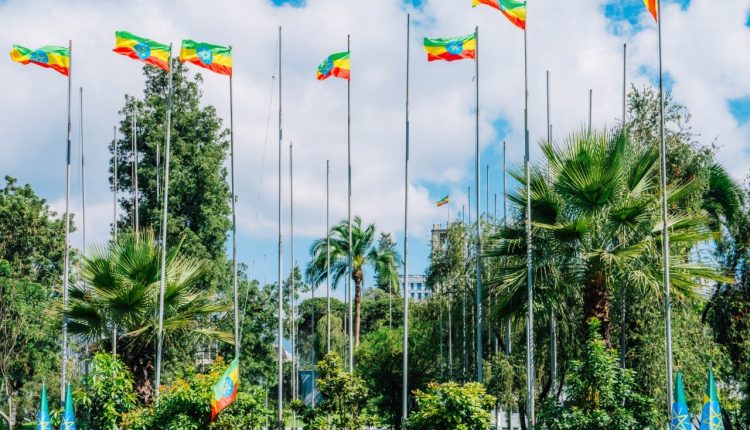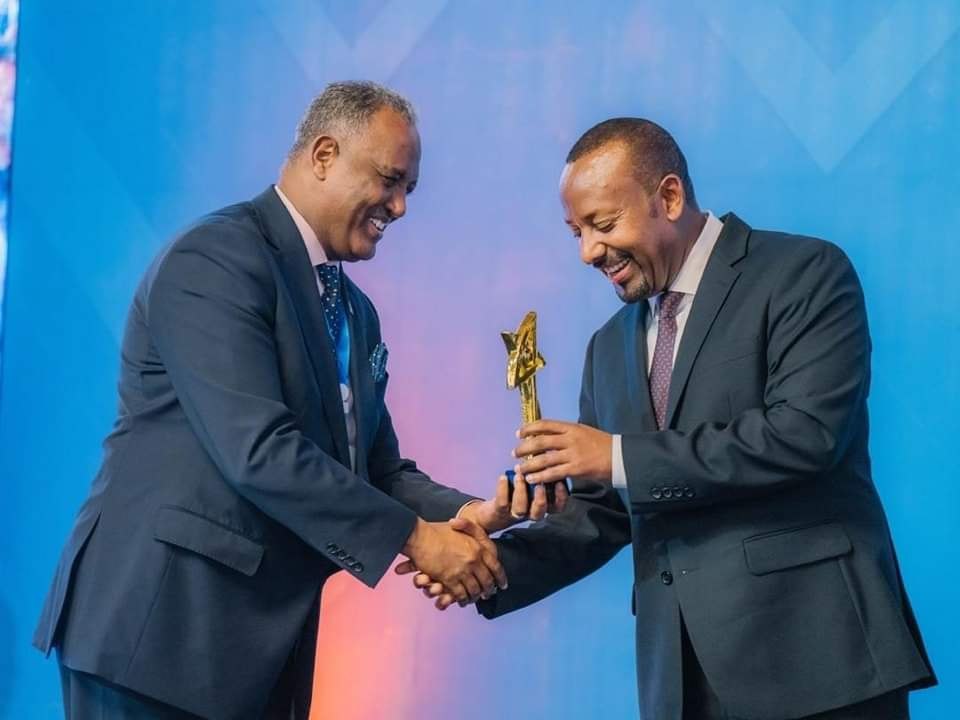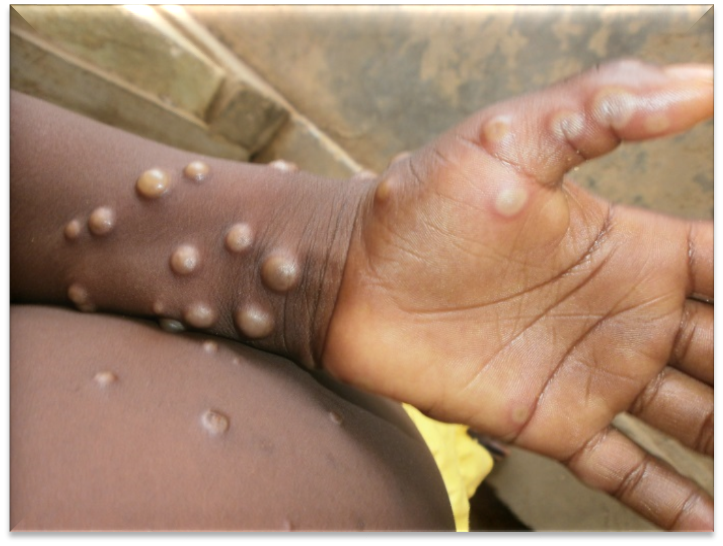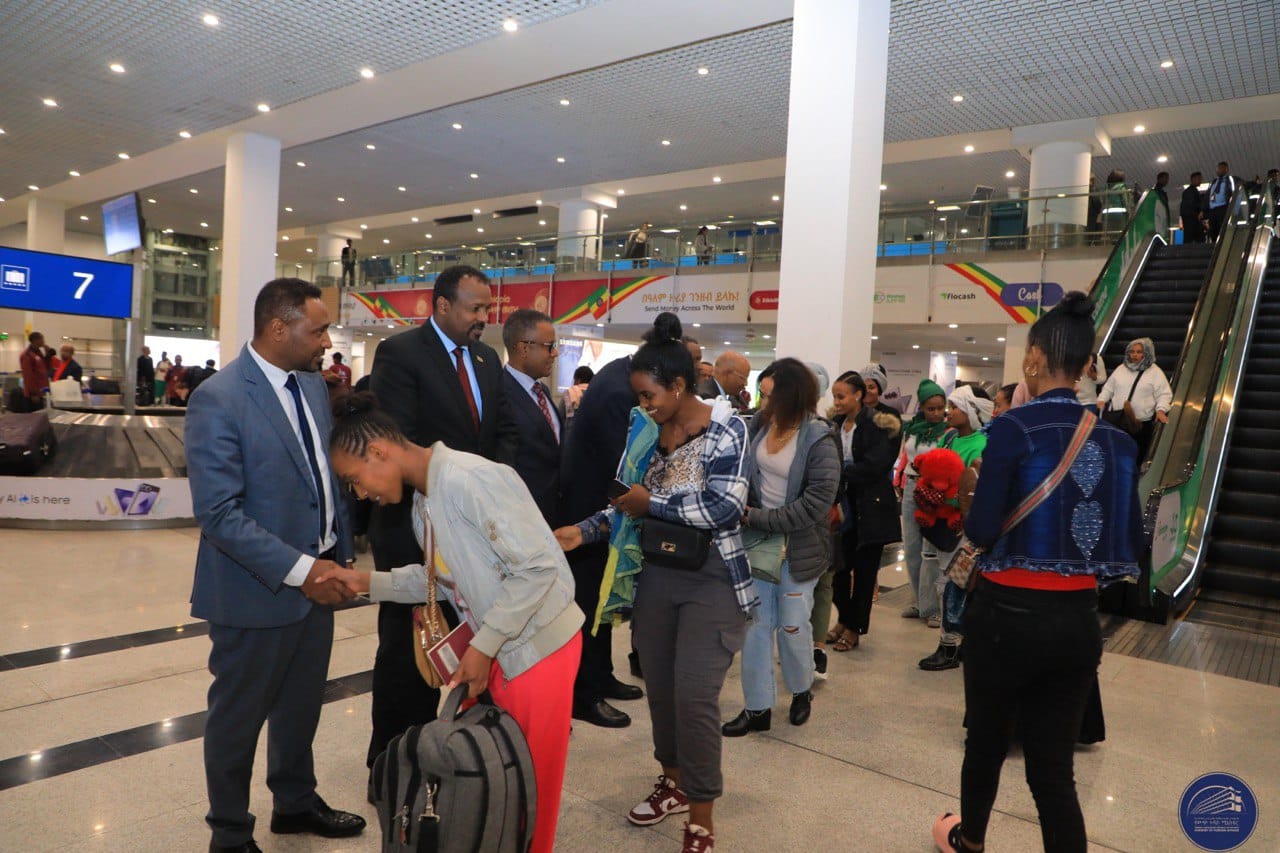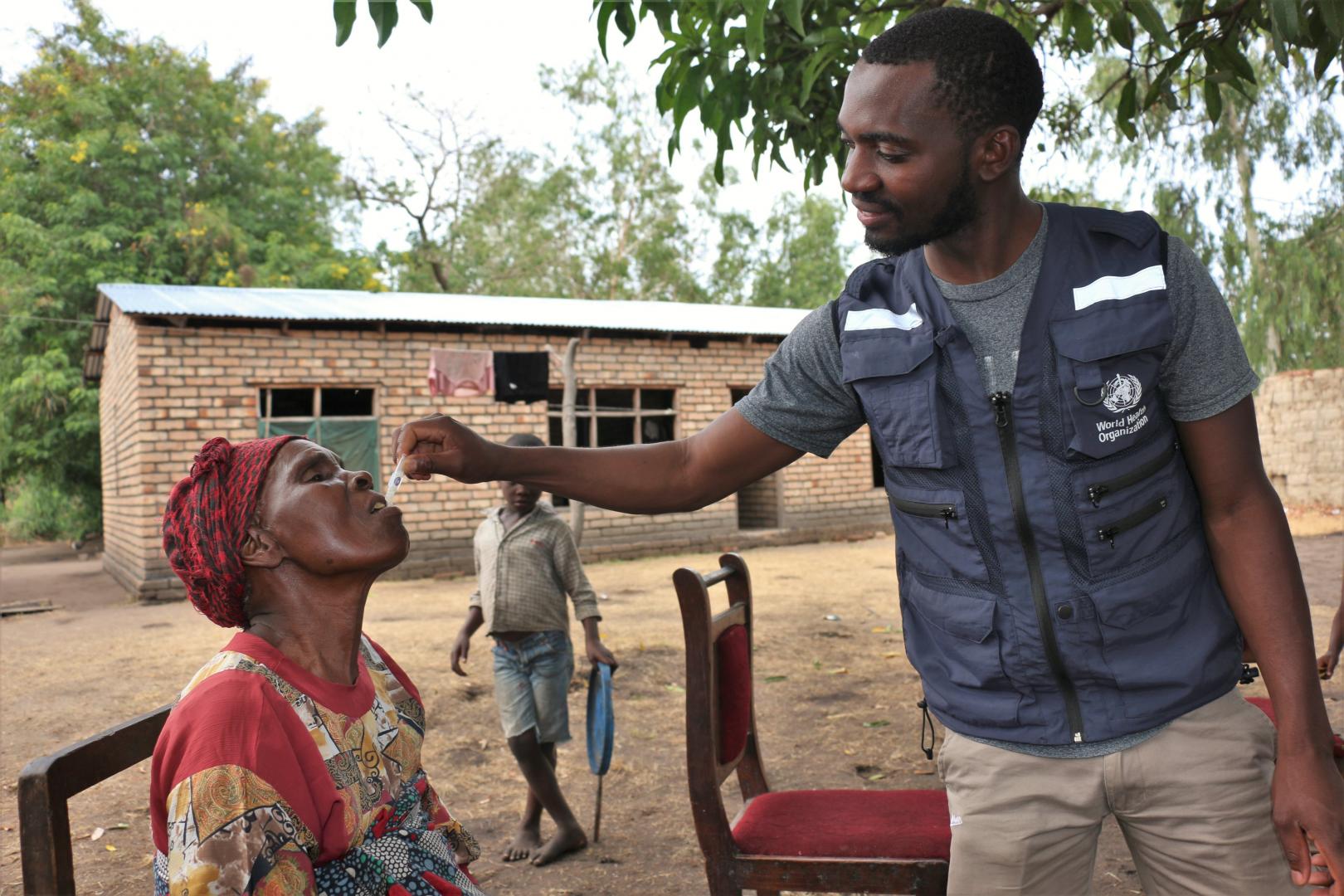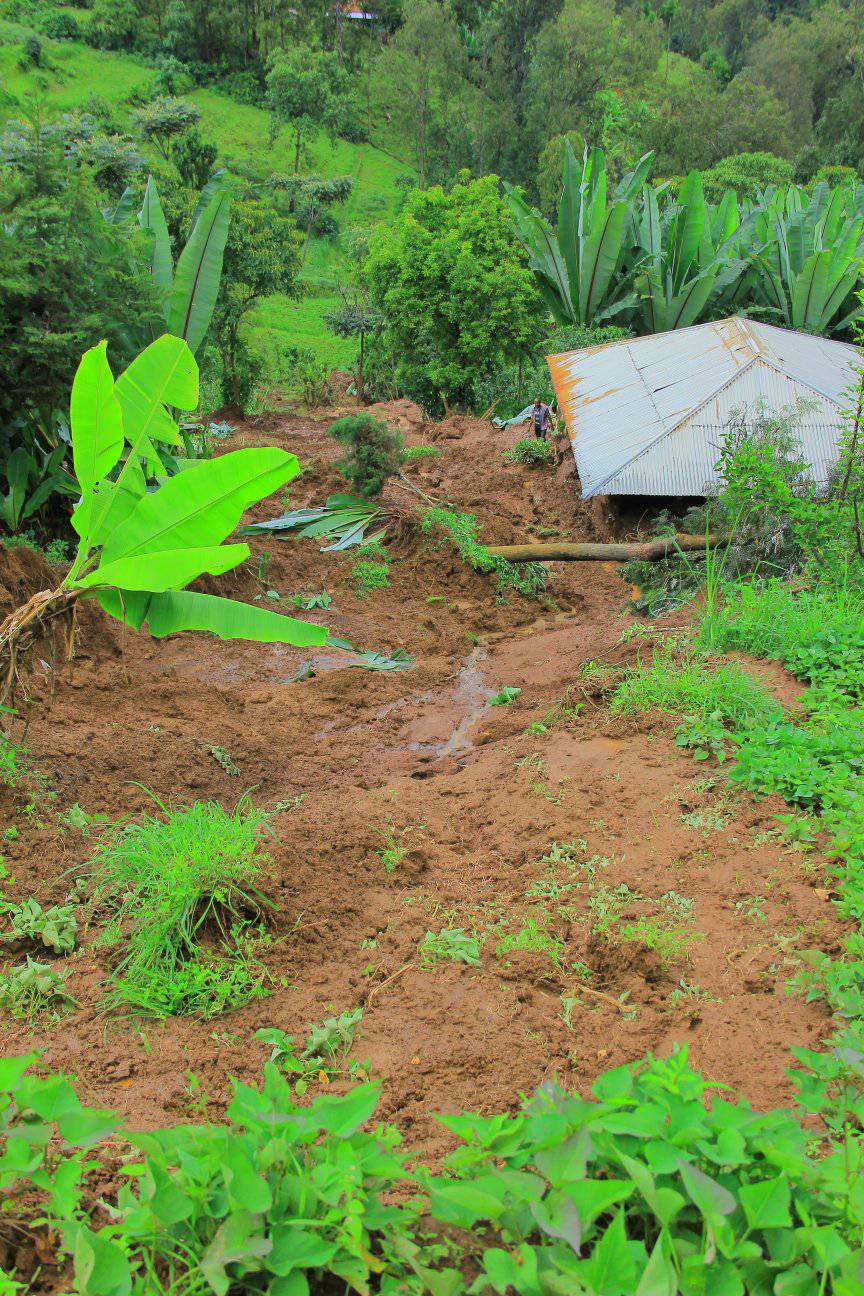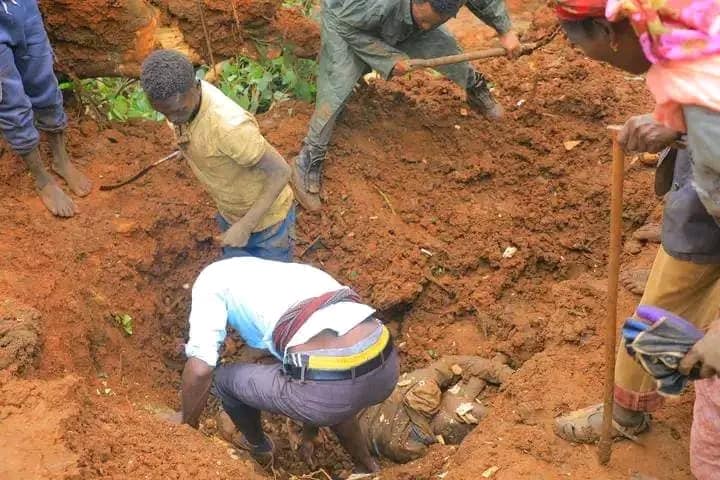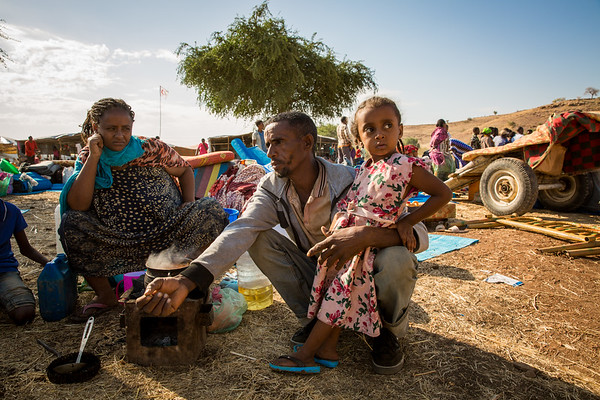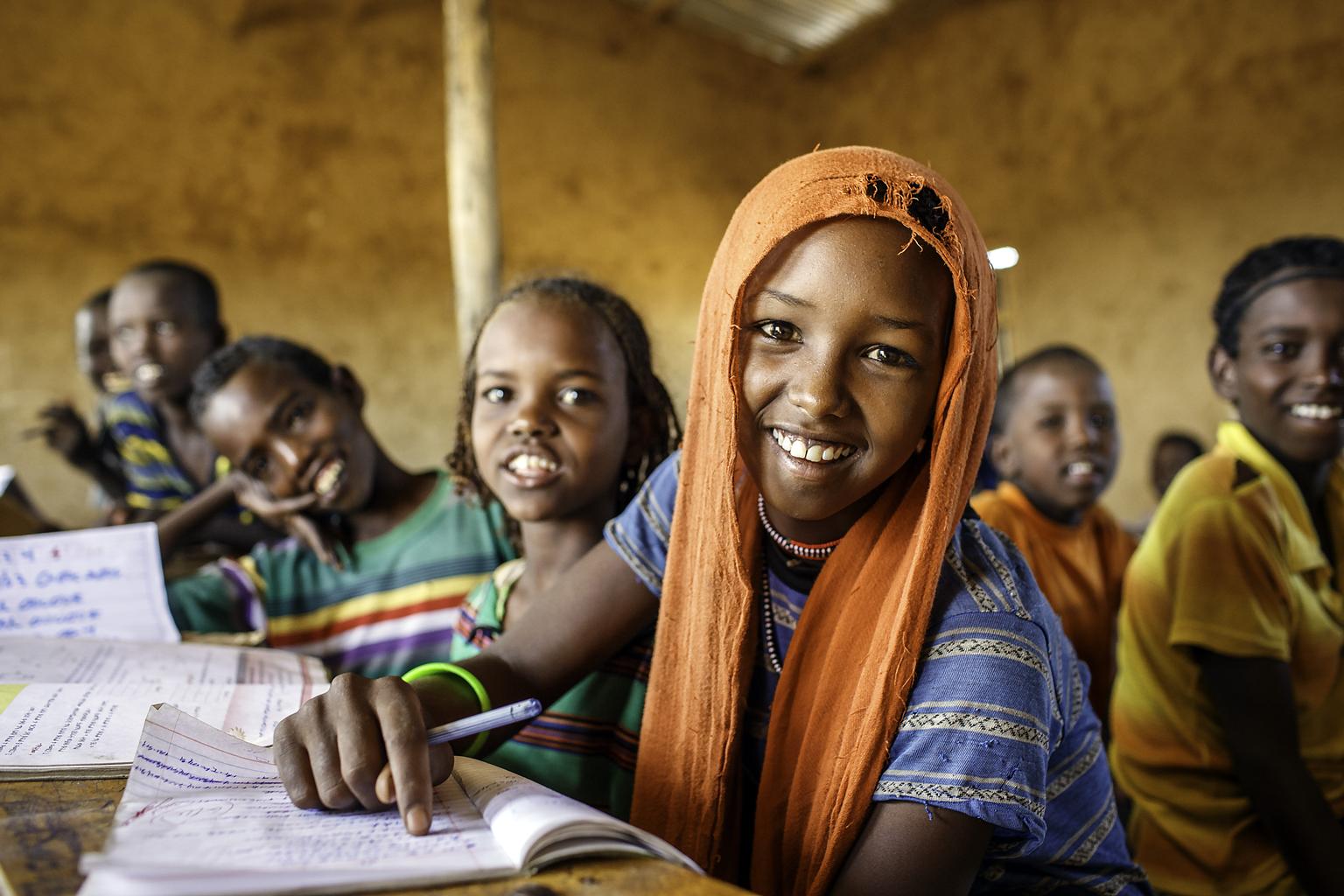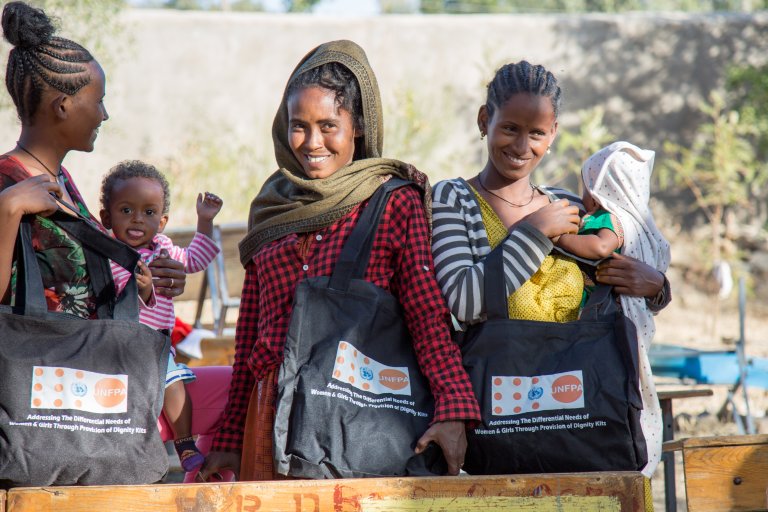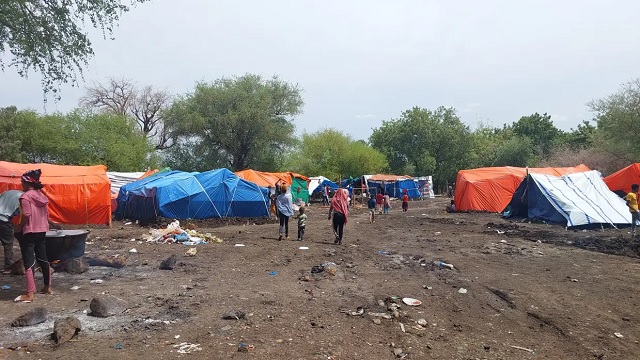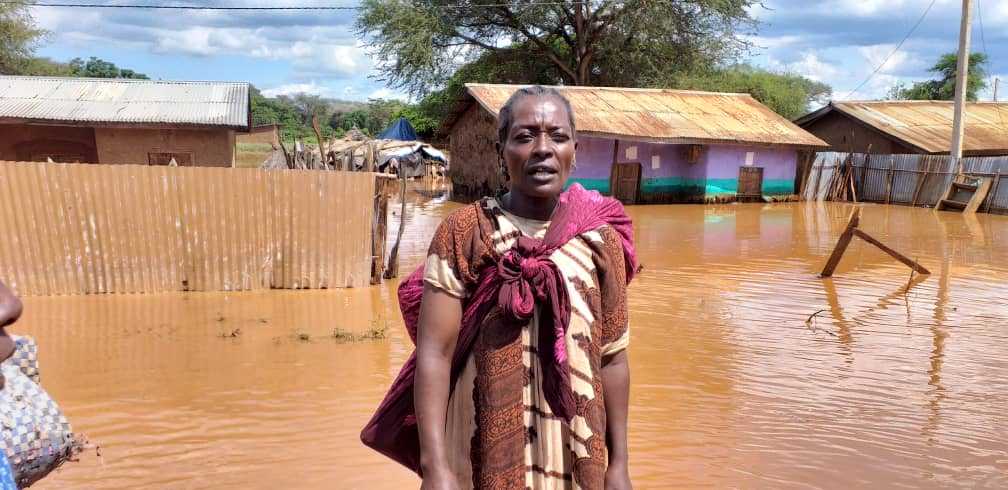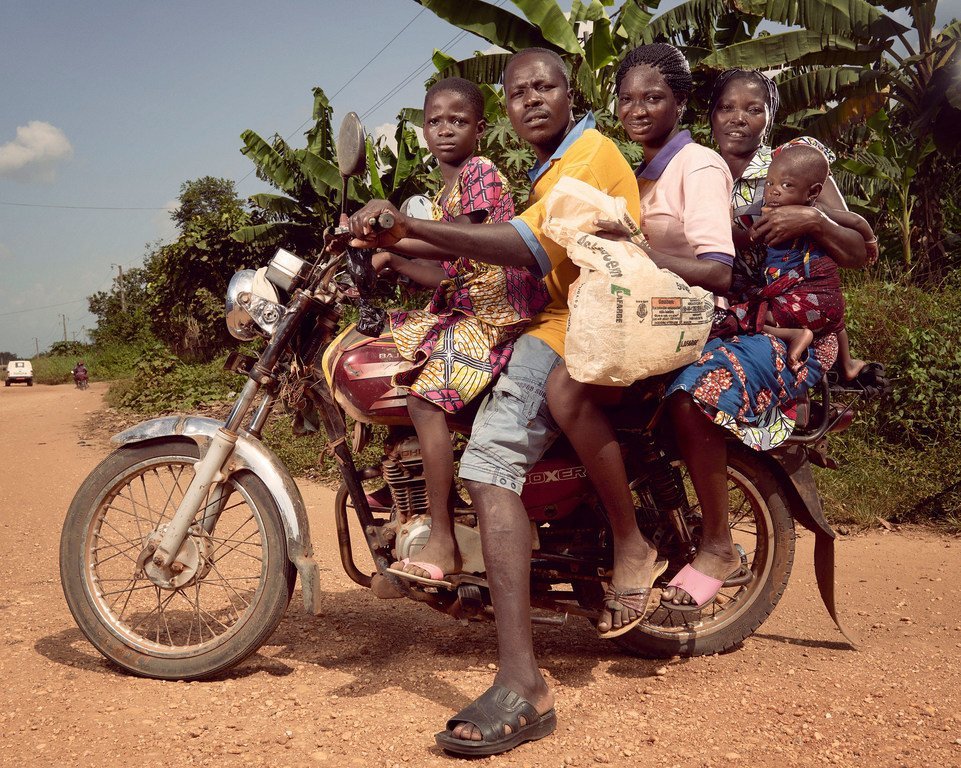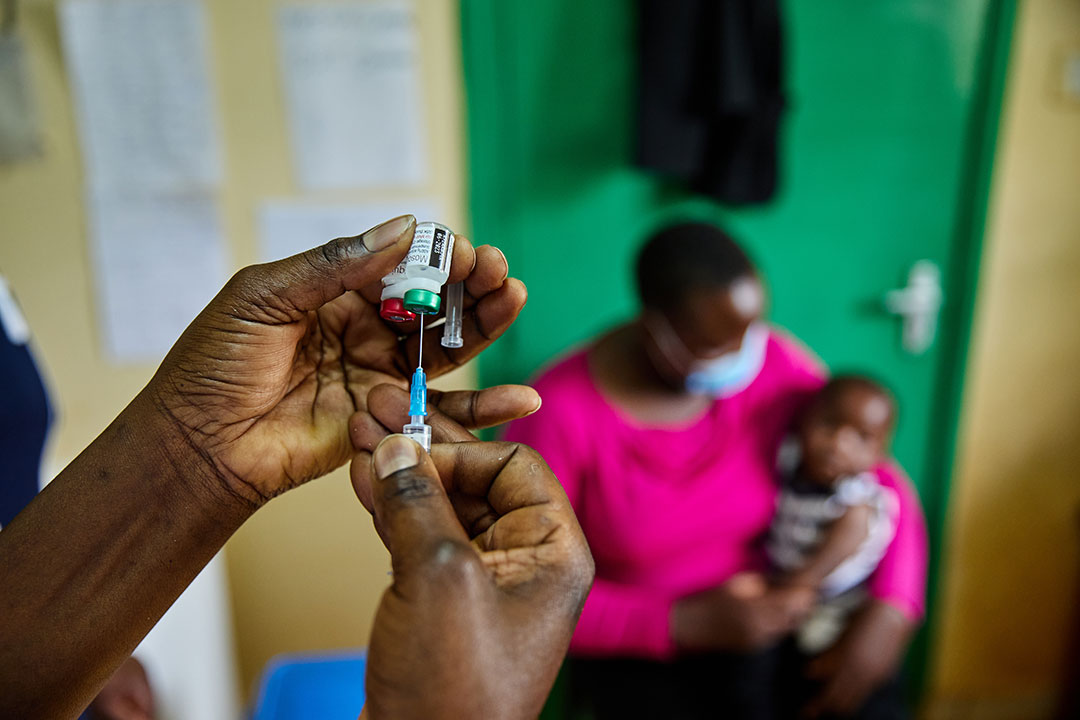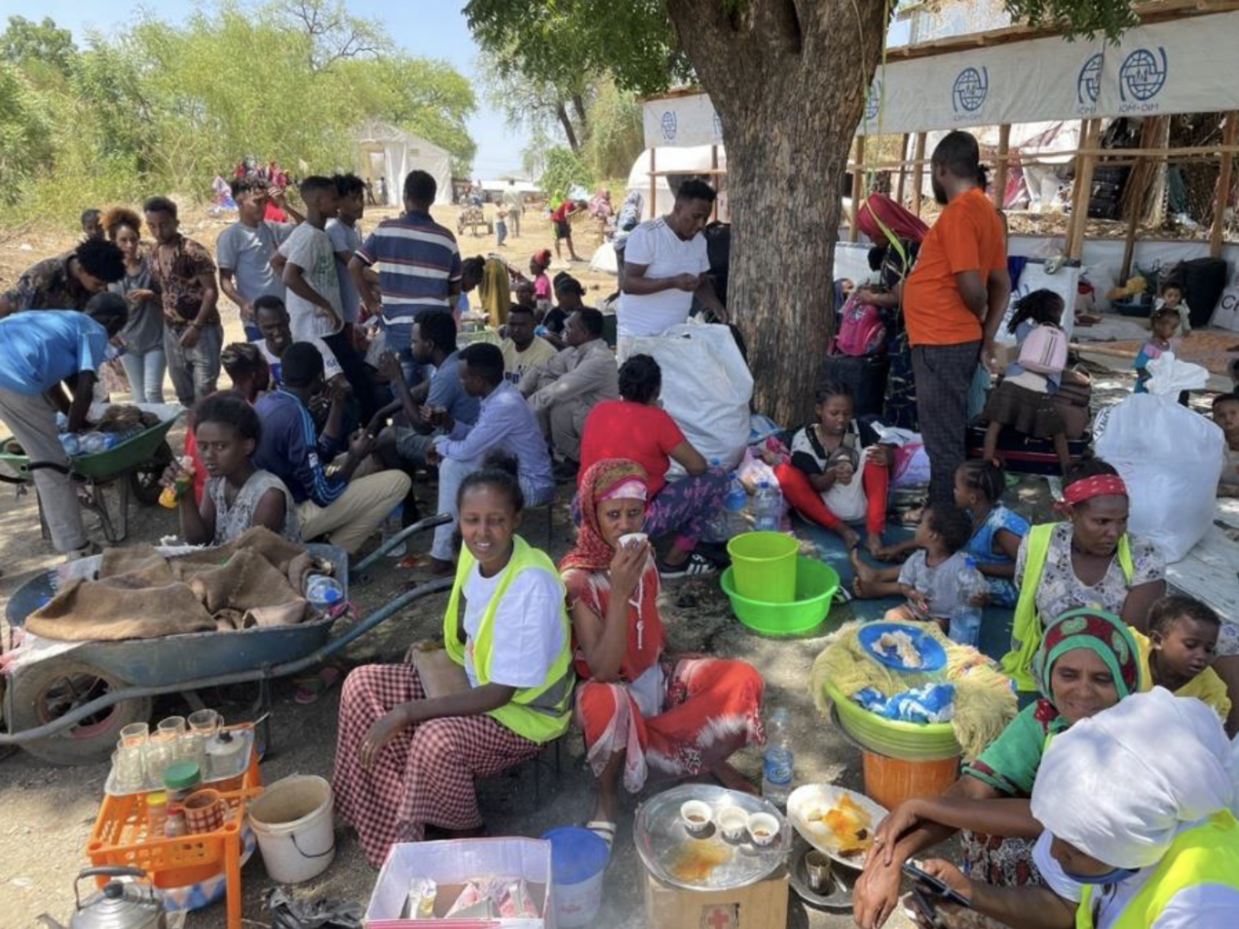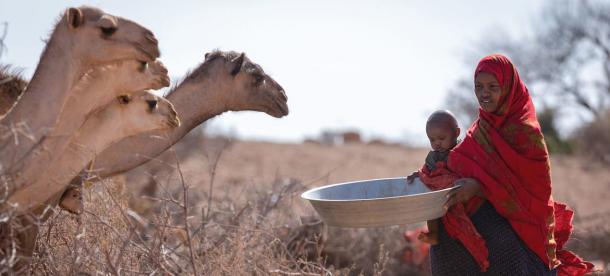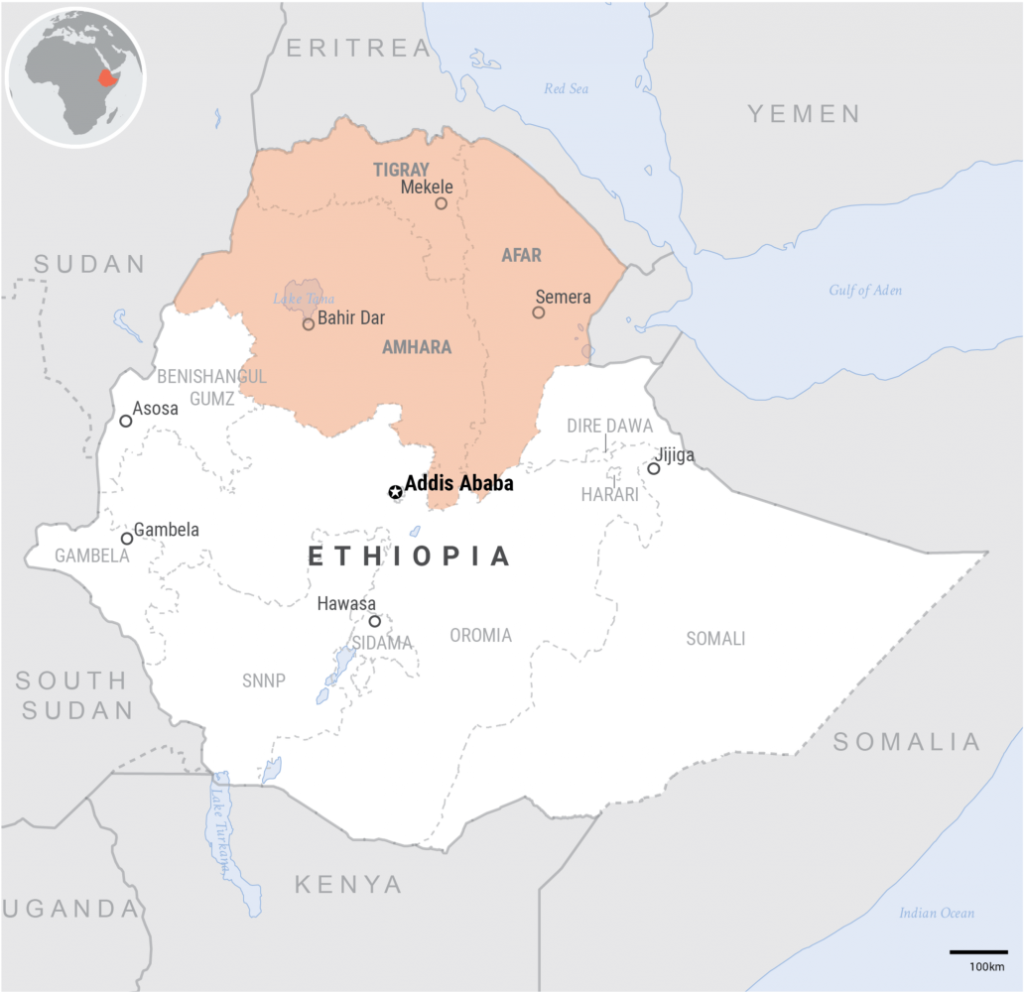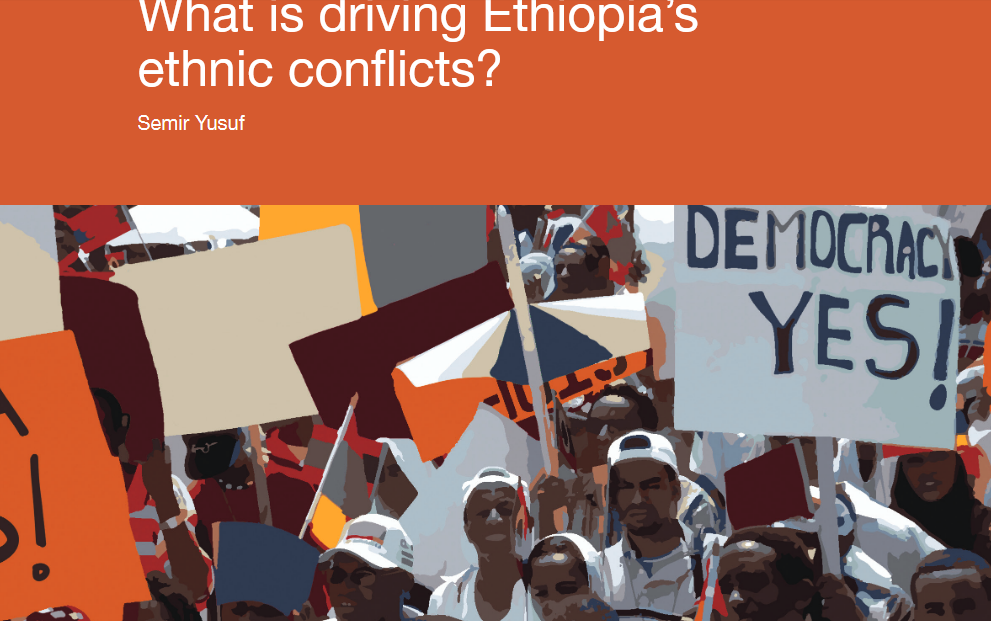
ADDIS ABABA: November 28 (EI) – New report published by the Institute of African Studies (ISS) on Thursday urged Ethiopia to hold inclusive national dialogues in a bid to meet the reasonable demands of major political groups and ethnic factions, thereby effectively contend recurrent ethnic conflicts across the country.
The ISS, in its latest report entitled “What is driving Ethiopia’s ethnic conflicts?” also highlighted some of its key findings and recommendations regarding incessant ethnic conflicts that Ethiopia is facing in recent years.
According to the institute, the rise in violent ethnic conflict in Ethiopia in recent years can largely be linked to the sharp increase in militant ethnic nationalism against a backdrop of state and party fragility. Decades of exclusivist political arrangements have contributed to a steady rise in ethnic consciousness, with the state and ruling party becoming increasingly incoherent.
“This has increased ethnic disagreement. High-level negotiations aided by nationwide and inclusive dialogue could help stabilize the country,” the report authored by Semir Yusuf, a senior researcher on the Horn of Africa at the ISS’s Addis Ababa office, read.
The report also highlighted some of its key findings on Ethiopia’s inter-ethnic conflict dilemma, which include:
– Contending ethnic mobilization and the incoherence of the state and ruling party have contributed to the rise in ethnic-based violence in Ethiopia, especially since 2018;
– Ethnic mobilization has persisted in the country for at least five decades, either excluded or nurtured by successive political systems. Especially since 1991, the empowering and disempowering effects of, and the simmering tensions within, the centralized ethno-federal system continued unabated until unbridled ethnic movements finally engulfed state and party institutions, rendering them weak and incoherent. Fragile institutions facilitated the rise of violent communal contentions.
– The state has suffered in three ways as a result of protest movements. Its institutions have been weakened by protesting mobs, fracturing command and control within key sectors. Rules governing the relationship between federal and regional states have become open to renegotiation. Finally, the line between upholding rule of law and order, and sliding back to authoritarianism, has not been clearly defined
– The ruling party in turn became divided along its ethnic components. Ideological and methodological differences, as well as those stemming from contrasting constituencies, have made collaborative efforts to restore peace in the country a formidable challenge
While the key recommendations, which the institute advised would solve incessant ethnic conflicts that Ethiopia is facing in recent years, also include:
– Internal negotiations within the ruling party, the Ethiopian People’s Revolutionary Democratic Front, should aim to bring order into and among each constituent party. Inter-party negotiations should be candid and thorough, and based on the principle of reciprocity. The negotiations must include a concrete plan to secure peace in each region, with cascading positive effects in the country as a whole.
– Inclusive national dialogue should take place to find ways to reconstitute the state to meet the reasonable demands of major political groups.
– The state should reinvent itself by ensuring its security structures can take action, but with due consideration to professionalism and the basic principles of human rights. Templates for doing so should be developed at different levels.
– The government should work on fixing the ailing economy. The focus must be on immediate job creation for the youth.
– Civil society organizations need to inject non-ethnic and cross-cutting agendas that bring together diverse groups of people to achieve collective goals. They should also coordinate their activities for maximum effect.
– The international community should step up its financial and technical support for the government. Technical support including consultation and training in the areas of establishing law and order, and the prevention and resolution of conflicts, should be escalated and diversified.

